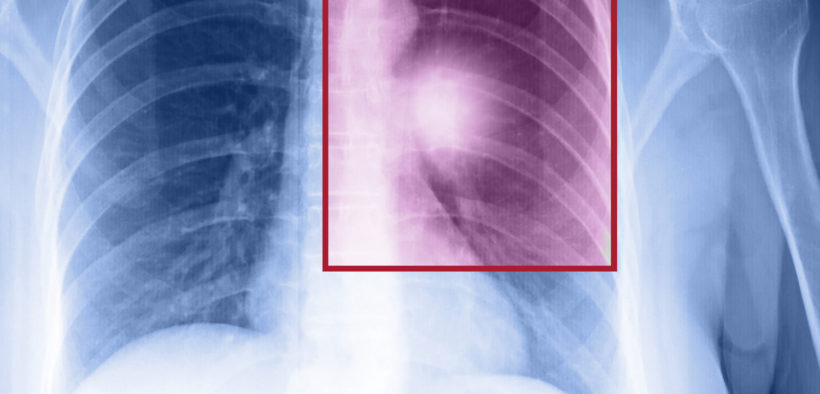Lung Cancer – Here’s why you should screen early!

When it comes to lung cancer, many people will only find out when the symptoms begin to show and the doctor diagnoses it. For others, there may not even be any symptoms until the tumor has grown and spread to other parts of the body.
When caught at an advanced stage, cancer can be far more challenging to treat. Screening can help you find it early, well before the symptoms begin to show. But while testing is necessary, it also has its own risks.
Here’s what you need to know to make the most informed decision.
How does it work?
At the moment, there is only one kind of recommended screening for lung cancer – the low-dose computer tomography or low-dose CT scan. This test uses low doses of radiation to create images of the lungs from the inside. These tests are usually only carried out on those without symptoms. It is used to look for abnormal tumors or lesions that can be precursors to lung cancer. If the CT scan reveals an abnormality, further testing might be needed to confirm the diagnosis. This may even include a biopsy to collect sample tissue from the lungs.
Pros of lung cancer screening
As one of the leading cancer killers in the United States, lung cancer is a severe illness. One of the key ways to better your prognosis is to detect it early. Some people don’t have any symptoms in the first stage of the disease, but screening may show tiny cancerous cells at their earliest stage. If you’re able to detect it before it spreads to other parts of the body, treatment can be far more effective. It can send cancer into remission, thus improving the quality of your life quickly.
Cons of lung cancer screening
While screening for lung cancer has its upsides, the risks include getting a false-positive result. When this happens, your reports might say you have the disease, but only further investigation can confirm the diagnosis. Usually, a biopsy is the next step to rule out malignant cells after a positive scan. Sometimes even though a tumor shows up, it might be slow-growing and not cause any problems for years. In those cases, overdiagnosis might be a real threat and treatment might be unnecessary. Overdiagnosed cases end up with exhausted and traumatized people who spend too much of their lives getting tests, years of radiation exposure and an increased risk for other cancers.
Who should get a lung cancer screening?
Screening for lung cancer isn’t recommended for everyone. In fact, experts recommend that only those with a high risk for lung cancer should get screened. This includes chain smokers between 55 and 74 years old who smoke at least a pack a day for over 30 years. If you are a heavy smoker who has quit in the last 15 years, you should still get screened. Treatment can range from radiation and chemotherapy to kill cancer cells or surgery, which targets and removes cancerous tumors.
What are the signs of lung cancer?
You might not be eligible for screening or want to get the procedure. This shouldn’t excuse you from understanding the symptoms of the disease.
Early signs of lung cancer include:
- Coughing up blood
- Pain in the chest
- Hoarse throat
- Lack of appetite
- Short breath
- Excessive fatigue
- Wheezing
- Many respiratory infections
- A progressive cough
























